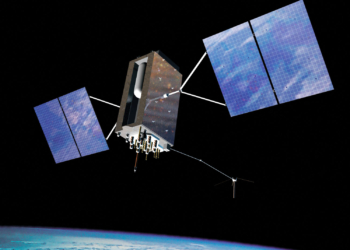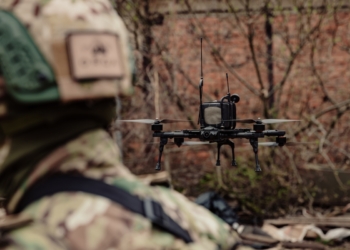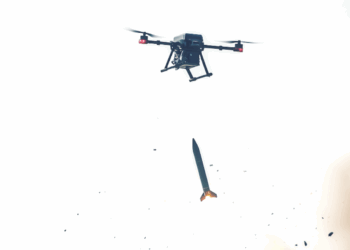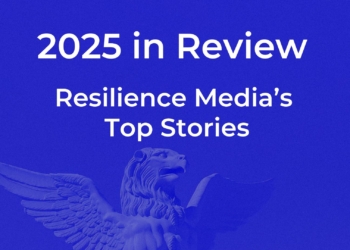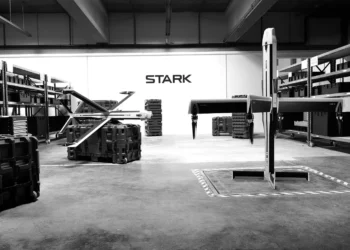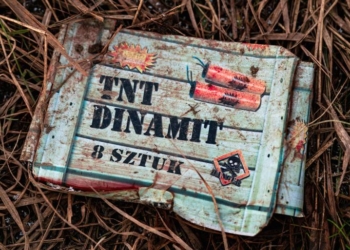Approximately 70 nations participated in the Second World War. Today, we are facing over 110 armed conflicts around the world, involving more than 60 countries either directly or indirectly. We are undeniably living in a world at war, and the trajectory is alarming. If our nations enter a large-scale armed conflict, it will require not only a wartime economy but also a determined and innovative mindset—one that we must adopt immediately to effectively deter such conflicts. The Post-Cold War Era has ended; we must adapt now.
Winning wars fundamentally relies on resource command: the most money, the most personnel, and the most equipment. Money and personnel are not infinite resources within a state; both are essential for acquiring additional resources. This reality underscores the critical importance of innovation.
When we speak of innovation, we are referring to the rapid procurement of cutting-edge technologies already being employed in conflicts around the globe, including artificial intelligence, autonomous uncrewed systems, cyber warfare capabilities, and the technologies needed to counter these new weapons of war. Equally, we are also talking about how we develop and manufacture these technologies.
During World War II, our nations boasted numerous and redundant manufacturing centres, with production times measured in hours and days. Today, however, we are left with single points of failure in production, vulnerable supply chains, and production times stretched to months, or even years. This is simply unacceptable for deterring conflict, let alone for achieving victory.
Moreover, the days when government-funded R&D outpaced that of the commercial sector are over. Across the NATO alliance, commercial research and development expenditures have soared past government expenditures. Traditional government acquisition cannot keep up with the speed and rapidly changing nature of modern conflict, which is why we must fully leverage the strengths of our commercial sectors.
By harnessing commercial technology and manufacturing to address defence challenges—not solely relying on expensive government R&D—we can unlock the expertise of our industries and increase the number of manufacturing centres ready to support defence needs swiftly. We still require the expertise and capabilities that our governments and militaries provide to develop high-end defence systems; however, our commercial sectors are essential for augmenting our defence industrial base.
Investors and the commercial industry must recognise the accelerating global threats, the market for developing and producing defence technology, and their civic responsibility to support the defence of our wonderful homelands. Our commercial industry is the cornerstone of our ability to deter conflict and secure victory in times of confrontation. The time for action is now.
Tickets to The Future of Defence Manufacturing & Innovation are limited and will be approved by Munich Security Conference. Apply here.
Lieutenant Colonel Timothy D. Otten, call sign “TO,” is the first U.S. Defense Innovation Unit Embedded Liaison to the UK Ministry of Defence, based in London. A native of Norfolk, Virginia, he graduated from the University of Arizona and was commissioned in the U.S. Marine Corps in 2005.
As an AV-8B Harrier pilot, he completed deployments to the Western Pacific and Afghanistan. He earned qualifications as a 4-ship division leader and weapons training officer, and managed aircraft operations. After transitioning to the Marine Corps Reserve in 2017, he supported U.S. Marine Corps Forces Europe and Africa in various roles until he joined U.S. Marine Corps Forces Pacific in 2022 as an Operations Officer. Later that year, he was selected to join the Defense Attaché System to support diplomatic missions throughout Europe until he assumed his current role in October 2024.
Tim is a graduate of the Marine Corps University’s Expeditionary Warfare School and Command and Staff College. He holds a Master of Arts in International Relations from the Fletcher School of Law and Diplomacy at Tufts University and is a designated European Regional Affairs Officer within the U.S. Marine Corps.



